Course Introduction
This course spans 3 weeks, 15 LIVE online sessions of 2 hours each, totaling 30 hours.
DevOps has taken the Software Development world by storm in the last few years, making the traditional Software Engineering process much more efficient, disciplined, easily repeatable and making engineering process tasks highly automated. As a result, the demand for DevOps professionals have increased tremendously. Not only have exclusive DevOps roles have emerged offering lucrative career options, all Developers and Engineers are also expected to have solid DevOps knowledge and become full-stack.
The DevOps market is expected to grow at a CAGR of 20-25% yearly between 2021-26. This underscores the phenomenal rate at which DevOps professionals will be needed in the Market.
Virtually, every company in the world with a significant Software Development practice is in need of DevOps professionals and the gap in demand-supply is massive at this moment indicating the huge opportunity that lies ahead for skilled professionals. A simple search in Naukri.com reveals more than 30,000 DevOps openings in India at the moment this page is written.
The DevOps Mastery Program from Teksands is crafted to provide you with deep knowledge of a full gamut of DevOps tools including Git, Jenkins, Docker, Ansible, Terraform, Kubernetes, Prometheus, and Grafana. This DevOps program is completely hands-on driven and covers all DevOps areas such as Continuous Development, Configuration Management and Continuous Integration, and finally, Continuous Monitoring of software throughout its development life cycle.
Intended Audience
- All Software Developers, Engineers including Data Engineers, AI/ML Engineers, IoT Engineers, professionals from all other specific disciplines today need to apply DevOps in their Engineering practices.
- Infra and Production Engineers whose role convers functions such as Deployments, Migrations, Monitoring, etc are especially in need for DevOps tools and technologies.
- Professionals who are aiming to become specialist DevOps Engineers.
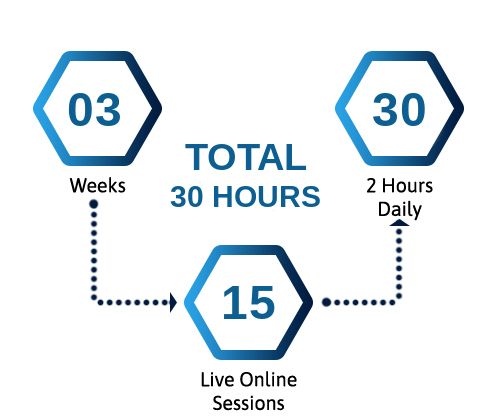
Courses Features

30 Hours of Live Instructor-led Sessions
11 Course Modules

Hands-on Projects

Assignments

Lifetime Access

Forum

Certification

CAREER ASSISTANCE FROM OUR PLACEMENT CELL
Detailed Description Of the Courses
This course, DevOps Mastery will provide 30 hours of intense LIVE Training to the Learners.
- DevOps Introduction: Understand how DevOps facilitate collaborative approaches to make the Application Development team and the IT Operations team of an organization to seamlessly work with better communication. In this section you will learn about the DevOps process areas introduction and introduction to DevOps Pipelines.
- Version Control with Git: A version control system is based around the concept of managing changes on your applications, facilitating concurrent development and synchronisations between changes. In this section, you will learn Git, the most popular version control tool in use today. You will learn how to create branches, manage concurrency, cloning, checkout, merging, and all other commonly used commands.
- Continuous Integration using Jenkins: Jenkins is an open-source automation tool written in Java with plugins built for Continuous Integration purposes and is the most popular tool now for Continuous Integration automation. In this section, you will learn how to deploy code and manage pipelines using Jenkins, including managing master-slave architecture and notifications management.
- Configuration Management Using Ansible: Configuration management is a process for maintaining computer systems, servers, and software in a desired, consistent state. In this section, you will learn Ansible, the most popular Configuration Management tool in use today, concepts such as Inventory, Hosts and Tasks, how to create playbooks, and more.
- Containerization using Docker: Containerization is the process of bundling an application together with all of its required libraries, frameworks, configuration files and dependencies so that it can be run efficiently in different computing environments. In this section, you will learn in detail about Docker and how to create and manage containers using Docker including concepts such as Images, Networks, Swarms, Docker-compose, Container Registries and more.
- Orchestration using Kubernetes: Kubernetes is a powerful open-source system, initially developed by Google, for managing containerized applications in a clustered environment. In this section, you will learn about Container Orchestration, Kubernetes Architecture, Deployments, Microservices and more.
- Monitoring using Prometheus and Grafana: Grafana is an open source solution for running data analytics, pulling up metrics that make sense of the massive amount of data & to monitor our apps with the help of cool customizable dashboards and Prometheus is an open-source systems monitoring and alerting toolkit. In this section, you will learn the concepts of Monitoring, and Monitoring using Graphana and Prometheus.
- Provisioning using Terraform: Provisioning is the enterprise-wide configuration, deployment and management of multiple types of IT system resources. In this section, you will learn about Infrastructure provisioning automation using Terraform.
- Selenium: Selenium is a free (open-source) automated testing framework used to validate web applications across different browsers and platforms. In this section, you will learn about test automation and use of Selenium to Automate test cases for your application, and also integrate.
- Nagios: Nagios provides a monitoring, alerting, graphing, and reporting platform for your entire infrastructure, including servers, operating systems, applications, network devices, websites, hypervisors, cloud servers, and much more. In this section, you will learn Nagios Network Monitoring, Nagios Server, and commonly used commands.
- AWS EC2 and IAM: In this section, you will learn about AWS fundamentals, setting up an AWS instance, Creating Security Groups, AWS CLI, understand virtualisation, etc.
What will you learn?
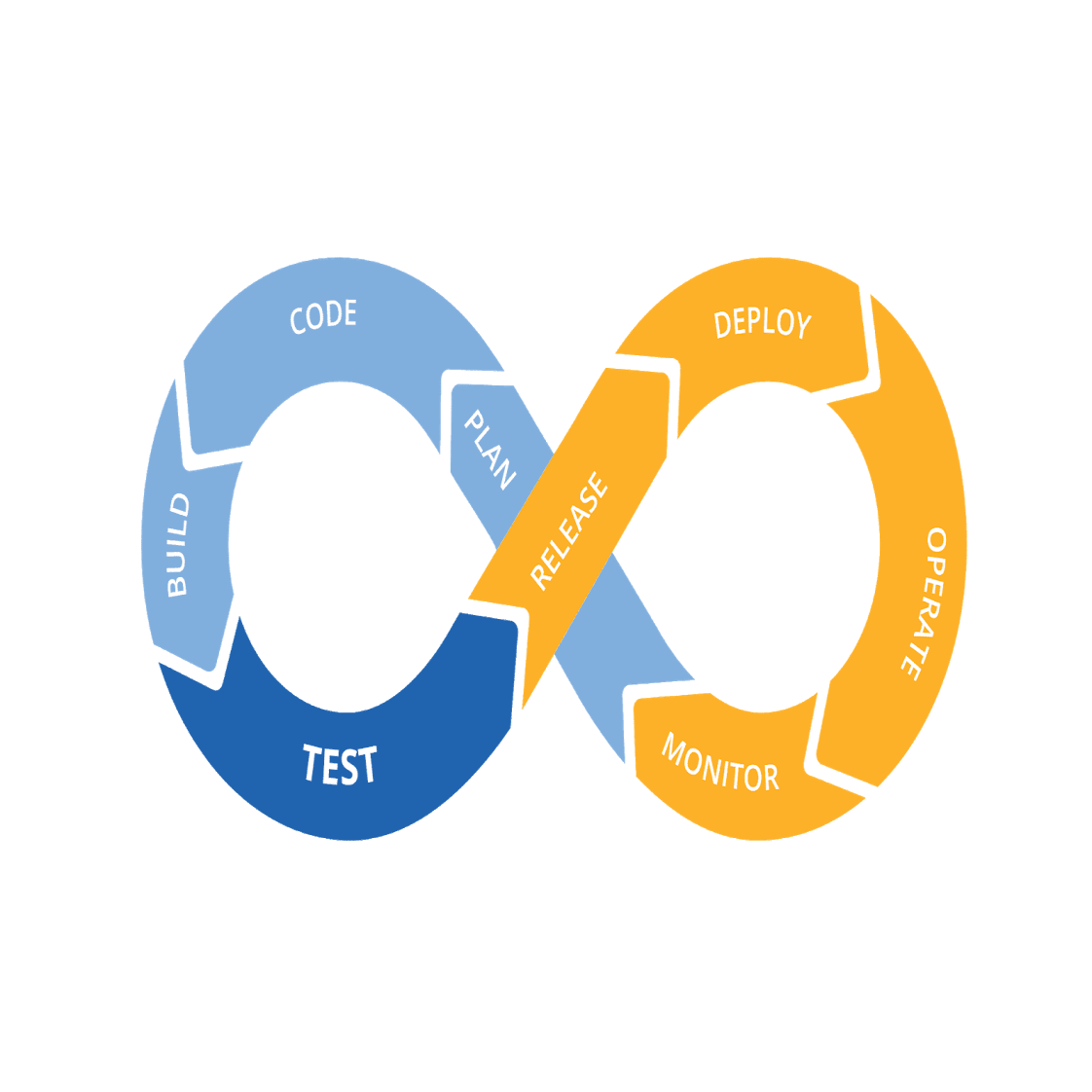
DevOps Introduction

Version Control with Git
Continuous Integration using Jenkins

Configuration Management Using Ansible

Containerization using Docker

Orchestration using Kubernetes

Monitoring using Prometheus and Grafana
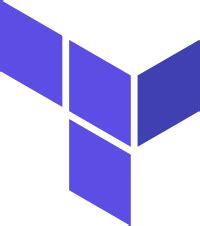
Provisioning using Terraform

Selenium

Nagios
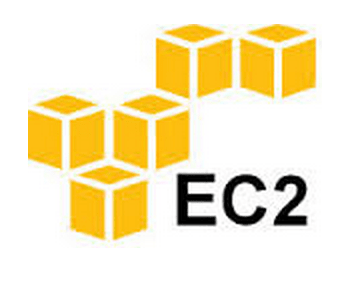
AWS EC2 and IAM
Current challenges in Software Engineering processes
Role of DevOps in Software Engineering Life-cycle
DevOps processes overview
Introduction to DevOps Tools
Introduction to DevOps Delivery Pipeline
Understanding Version Control and its role
Understanding key concepts of Git
Perform various Git commands such as git add, git fetch, git commit, git init, git checkout, git clone, git branch, etc.
Remotes
Introduction to Jenkins
Deploying Code using Jenkins
Jenkins Pipelines
Master-Slave Architecture
Authorizations
Notifications in Jenkins
Introduction to Configuration Management
Introduction to Ansible
Ansible Setup
Inventory, Hosts and Tasks
Ansible Playbooks
Packages and Services
Ansible Roles, handlers, variables
Troubleshooting
Understanding Containerization
Introduction to Docker
Setting up Docker
Creating Containers
Docker Networks
Managing Images
Container Lifetime and Persistency
Docker-compose
Docker Swarm
Container Registries with Docker
Container Orchestration
Kubernetes Architecture
Setting up Kubernetes
PODs, Replicasets, Deployments
Working with YAML
Networking in Kubernetes
Kubernetes Services
Microservices Architecture
Understanding Monitoring
Setting up monitoring and alerting using Prometheus
Deploy Grafana dashboards to visualize data
Integrate Prometheus and Grafana to monitor a full pipeline
Understanding Provisioning
Introduction to Terraform
Terraform Architecture
Deploy a Terraform Configuration File
Use Basic Terraform Commands
Terraform Resources
State Commands
Deploy a Terraform Project
Learn and install Selenium
Create Test cases in Selenium WebDriver
Utilize X-Path and TestNG to locate elements
Execute code on several browsers using Selenium suite of tools
Integrate Selenium with Jenkins
Understanding Network Monitoring
Introduction to Nagios
Setting up Nagios Server
Connecting Remote Servers
Plugins and Objects
Implement and Nagios commands
Introduction to AWS
Setting up your Account
AWS Management Console
IAM overview
IAM Policies and ROles
EC2 Setup
Security Groups
AWS CLI
IAM Service
Understanding Virtualization
Course Projects
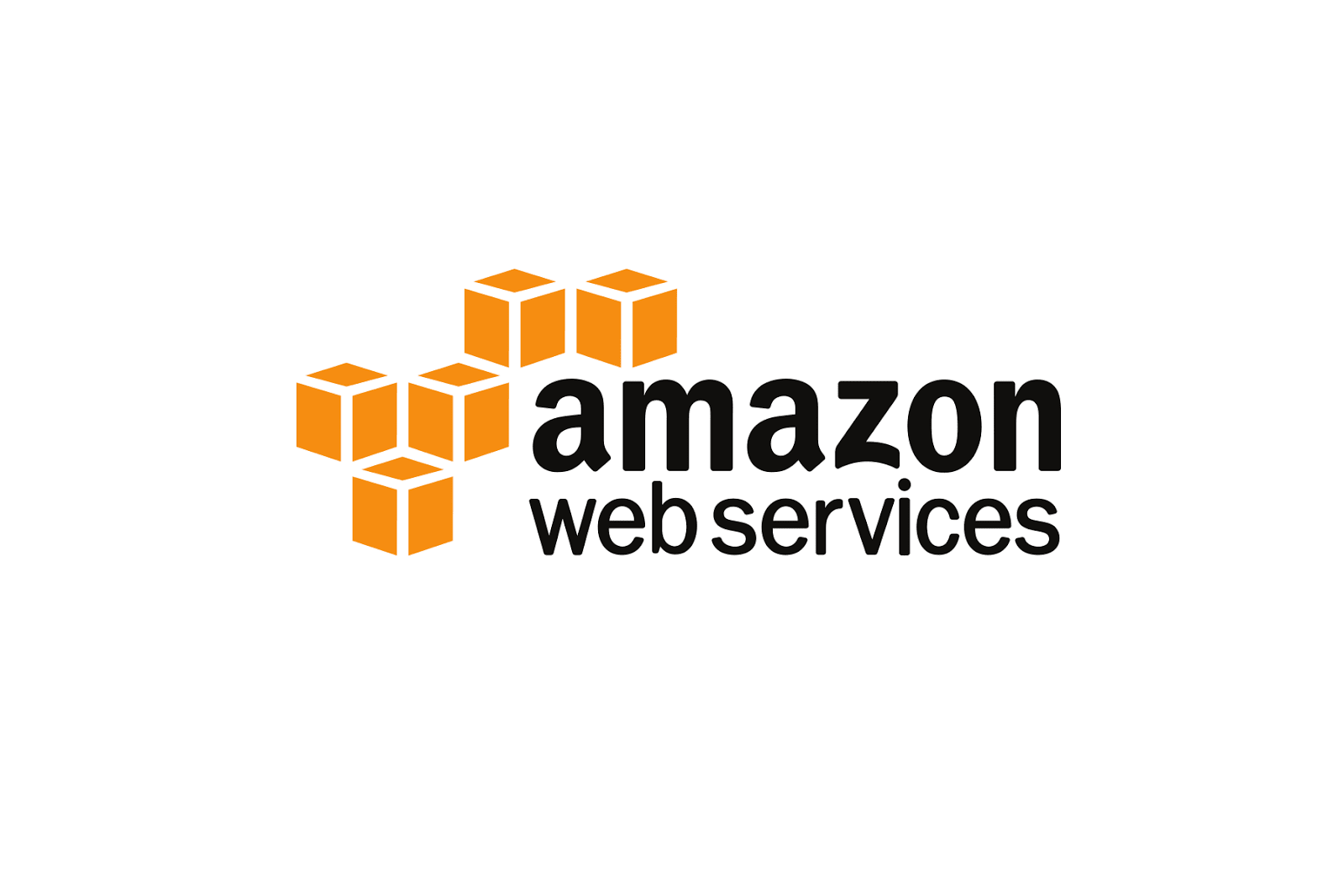
Create an AWS Instance and write a small web-app (a web-page for example)
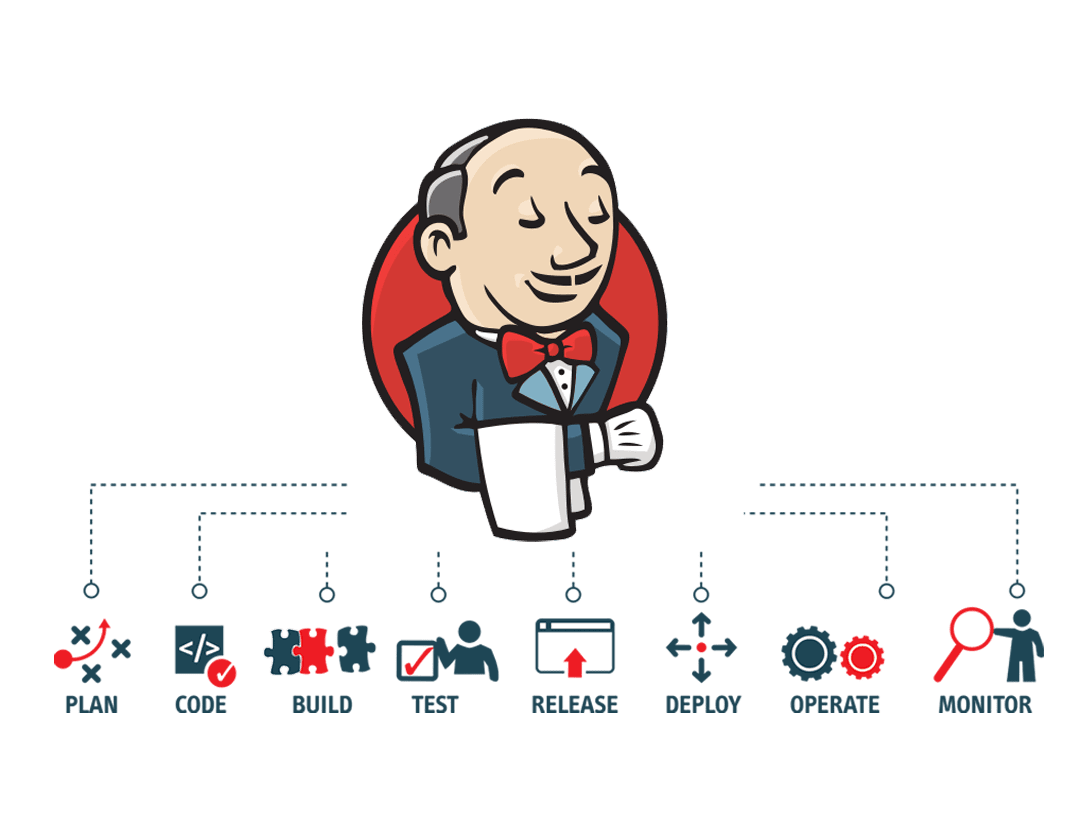
Create and run a CI/CD pipeline using Jenkins for an app
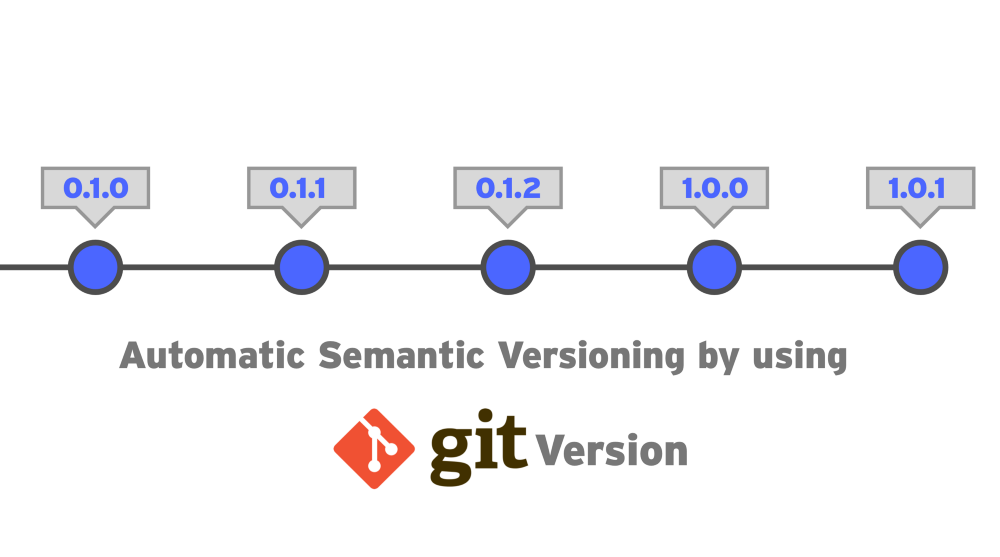
Set up Git version management
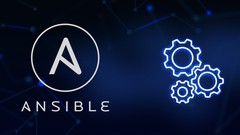
Set up Ansible Configuration Management
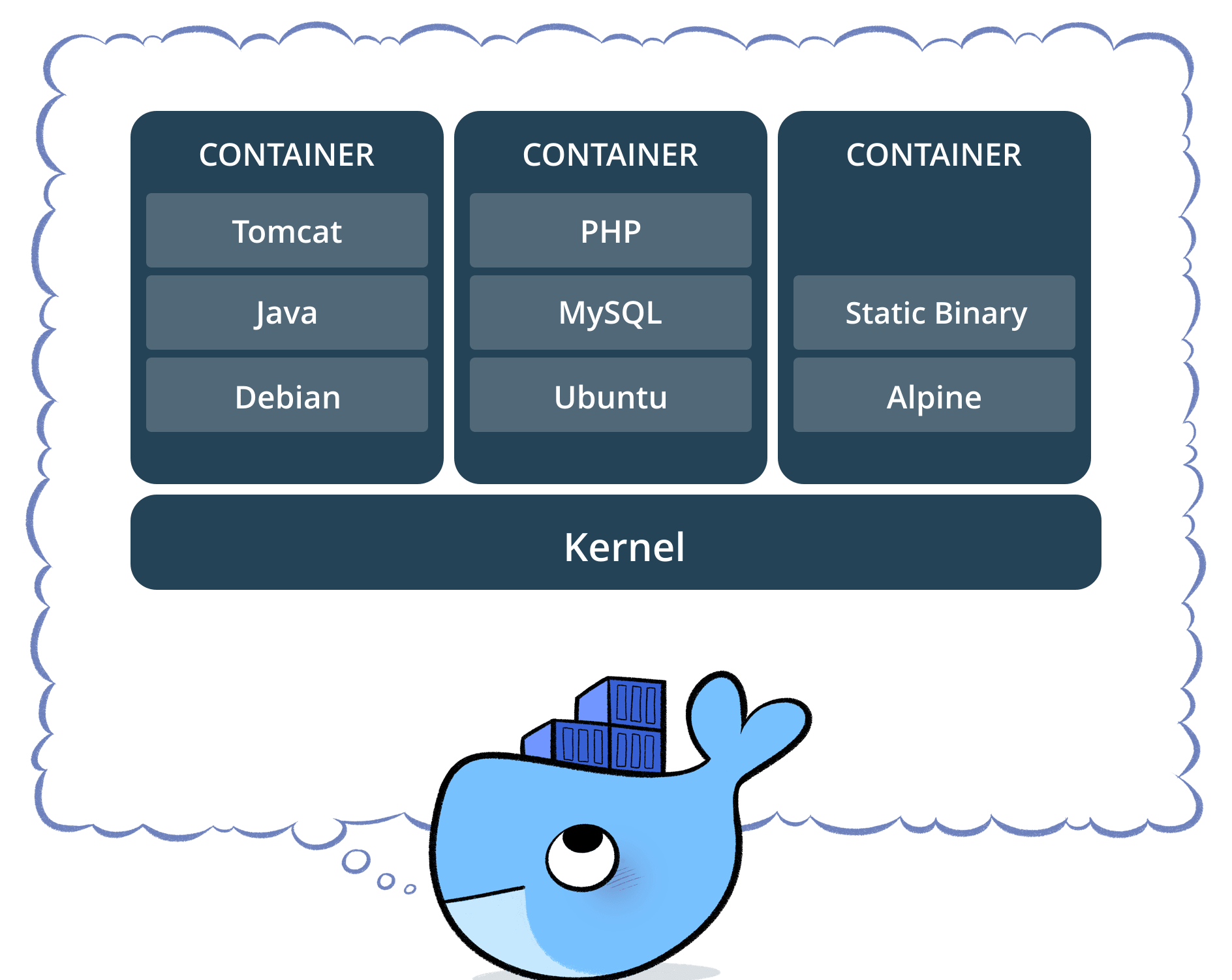
Set up using Docker Containers
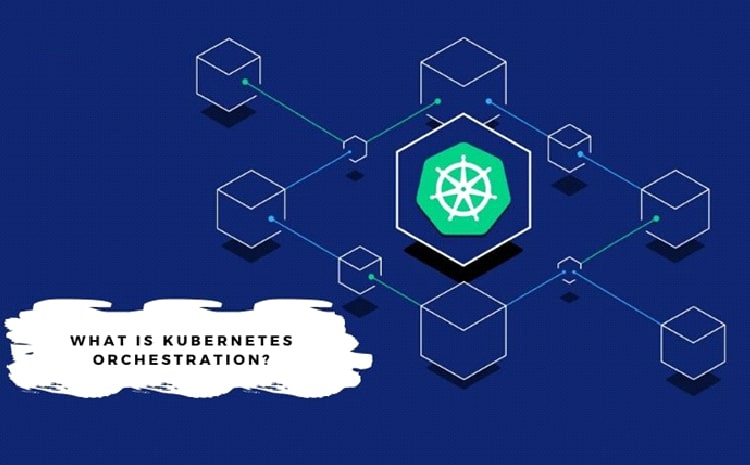
Set up Orchestration using Kubernetes

Set up a couple of test cases using Selenium
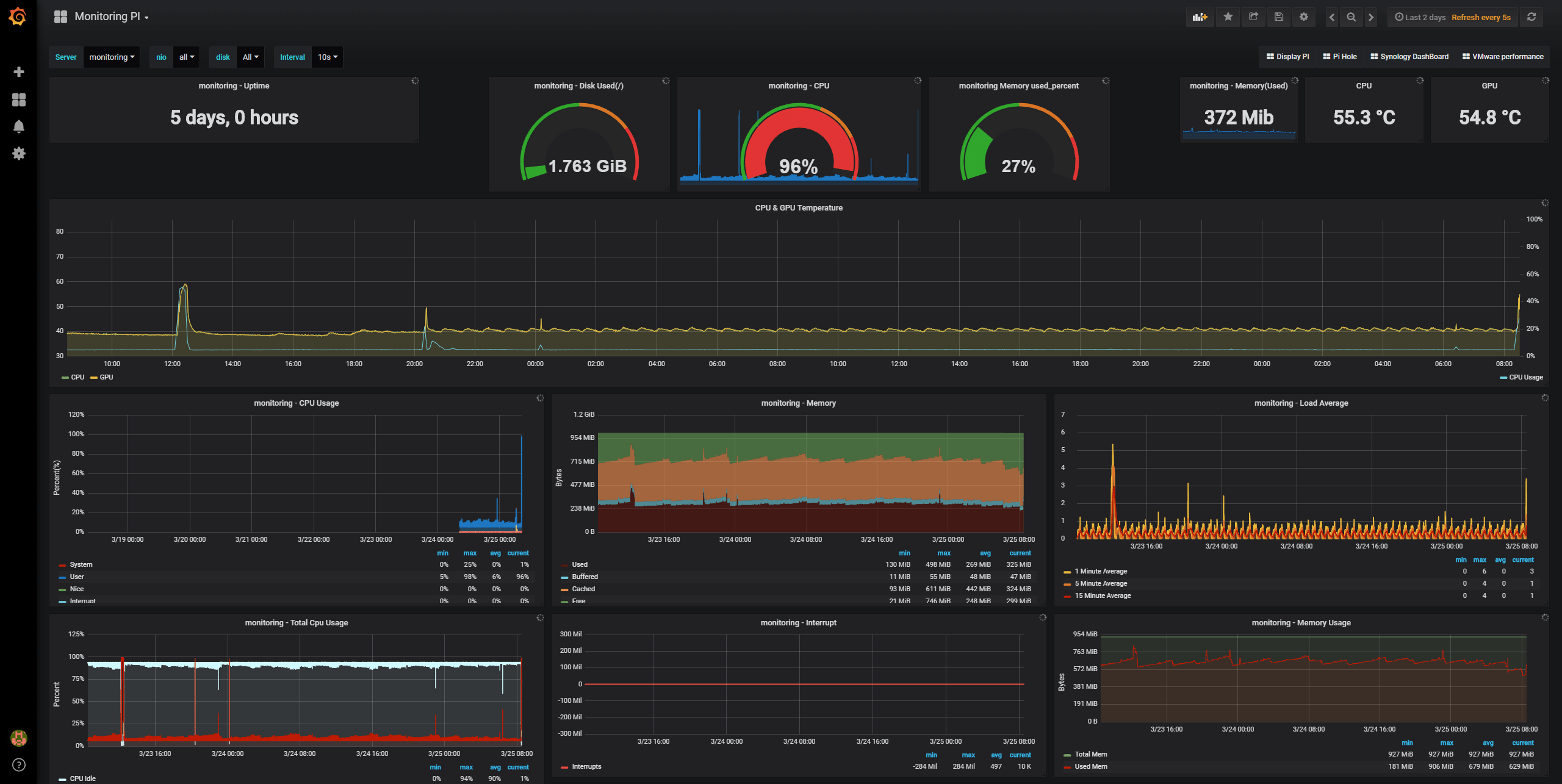
Set up monitoring using Graphana
Course Fee: INR 5750 (INR 12850)
FAQs
There is a huge number of positions open at any point of time in DevOps. In mid-2021, there are 60K+ job openings on DevOps open in just Naukri.com and that only a fraction of the total demand in the industry. DevOps is not only for exclusive careers but also for every full-stack developers, infra and production engineers as well as for architects to fully familiarise themselves.
30 Hours
Weekdays: Over 3 Weeks, all Weekdays (Monday to Friday), 2 hour Sessions per day.
Weekend Course: Over 5 Weekends, Saturdays and Sundays, 3 hour Sessions per day.(Please check your specific course schedule)
This course is specifically designed for working professionals and those who are inclined to build a career in DevOps or have DevOps as part of their core job, e.g. for Full-Stack Developers.
There are 7 Practice Areas of DevOps:
- Configuration Management
- Continuous Integration
- Automated Testing
- Infrastructure as Code
- Continuous Delivery
- Continuous Deployment
- Continuous Monitoring
This DevOps Course focusses on all of them and ensures that we equip our learners with the best of breed technologies and tools in all these areas. You will learn Git, Jenkins, Ansible, Docker (Containerization), Kubernetes and Microservices, Graphana, Terraform, Selenium for Test Automation, Nagios and AWS EC2 foundations.
Professionals who want to build a career in DevOps, Could Engineers, Infrastructure Provisioning and Maintenance, Production Engineering, Support Engineers, to become Full-Stack Developers are key intended audience:
- DevOps Career seekers
- Infra Specialists/Engineers
- System Administrators
- Cloud Professionals
- Solutions Architects
- Infrastrcture Architects
- Site Reliability Enginners
- Technical Leads
- Software Engineers (Full-Stack)
- Freshers (DevOps/Infra/Full-Stack Careers)
You will learn these key concepts and technologies:
- DevOps Process Areas, Architectures and Lifecycle
- Version Management using Git
- CI/CD using Jenkins and Maven
- Infrastructure Management using Ansible
- Build and Deploy containers using Docker
- Orchestrate your containerized environment and Microservices with Kubernetes
- Environment Monitoring using Prometheus and Grafana
- Infra Provisioning using Terraform
- Introduction to Amazon Cloud
- Understanding and exposure to Unix/Linux/OS.
- Understanding and exposure to any scripting/programming language.
Teksands runs free bootcamps for Python and Linux from time to time and you are welcome to join one of these bootcamps to get brushed up.
The course is completely based on practical approaches of teaching. Learners will have intense exposure to real code and data while learning the concepts on the go. We will also provide you all the codes used in training and also additional problems for you to work on and practice. The Delivery method is Online, Live Classes led by Professional, Industry Experienced Instructors.

"Teksands' mission is to have Future ready Technology workforce. We provide Online and Corporate Courses on Deep Tech including Data Science, Machine Learning, Artificial Intelligence, Python, Deep Learning, Neural Network, and much more. Teksands courses are intended to primarily help working professionals achieve career augmentation or career switch in Deep Tech areas by delivering very high quality, application driven training suited to the needs of our learners needs and goals. "Teksands High Impact Series" & "TEKS - RISE" are the flagship programs to offer short term & longer duration Career Oriented courses."